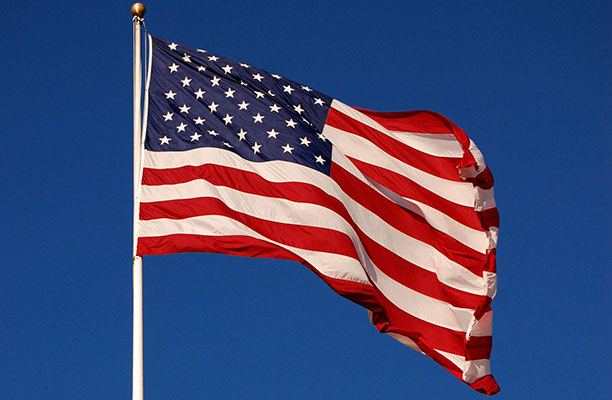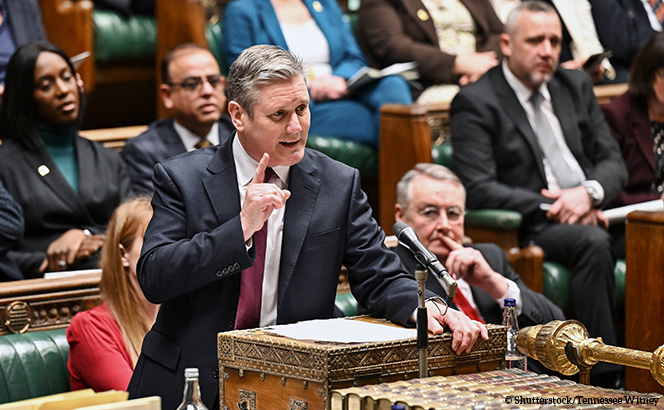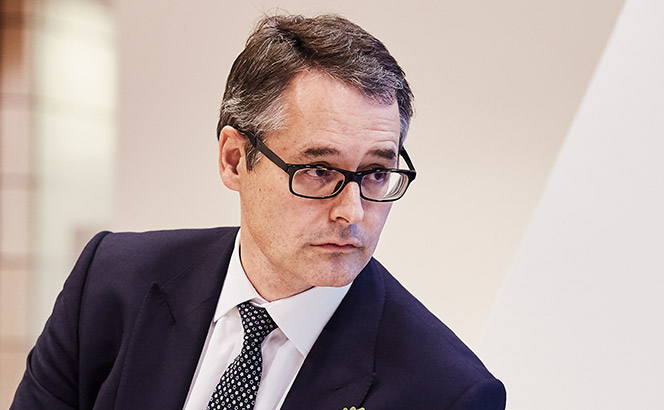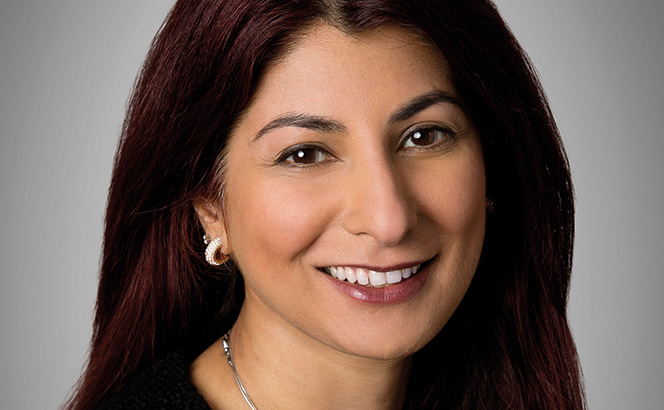
Legal hacks frequently stand accused of making sensationalist statements once the dust has settled when it comes to lawyer conduct in emotive matters, especially where the Solicitors Regulation Authority (SRA) is involved. In our defence, we largely base initial treatment of these cases on the views of numerous market contacts at the time.
The overturning of findings against former Freshfields Bruckhaus Deringer partner Ryan Beckwith last year springs to mind. Early sentiment was of general horror about unhealthy drinking cultures and abuse of power. Later many City partners reviewed their opinion to align with the High Court’s assertion that ‘popular outcry is not proof that a particular set of events gives rise to any matter falling within a regulator’s remit’ – the age-old dismissal of the case that ‘this sort of thing happens all the time’.










